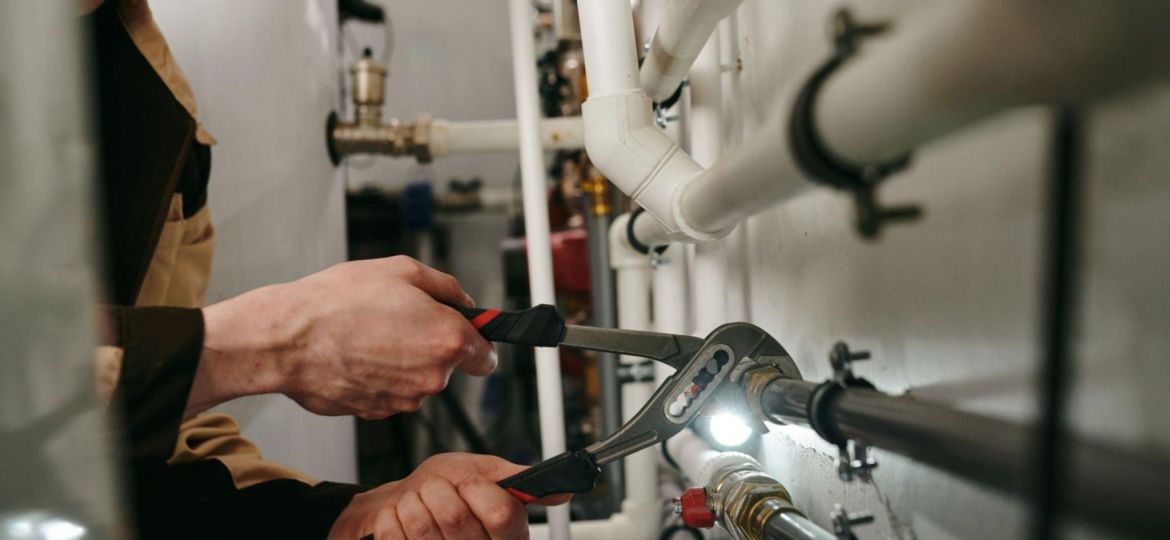
Best Practices for Maintaining Commercial Plumbing Systems
Maintaining a reliable commercial plumbing system is crucial for ensuring operational efficiency, minimizing downtime, and preventing costly repairs. Implementing best practices helps keep the plumbing infrastructure in top condition, ensuring safety, and promoting sustainability. Here are key best practices for maintaining commercial plumbing systems effectively.
1. Regular Inspections
Routine inspections are the foundation of a well-maintained plumbing system. Schedule regular checks to assess pipes, fixtures, and appliances for any signs of wear, corrosion, or leaks. Early detection of minor issues can prevent major problems, saving time and money in the long run.
2. Preventive Maintenance Programs
Implementing a preventive maintenance program ensures that all components of the plumbing system are serviced regularly. This includes cleaning pipework, maintaining water heaters, and checking pressure levels. Regular maintenance helps extend the lifespan of the plumbing system and ensures it operates at optimal efficiency.
3. Water Pressure Regulation
Maintaining proper water pressure is essential to avoid strain on pipes and fixtures. Consistently high pressure can lead to burst pipes and excessive wear. Install pressure regulators and regularly monitor water pressure to ensure it remains within the recommended range for your plumbing system.
4. Efficient Use of Water
Promoting water efficiency within the commercial setting is both environmentally responsible and cost-effective. Install low-flow fixtures, such as toilets, faucets, and showerheads, to reduce water consumption. Educating employees about water conservation practices can further enhance efficiency and sustainability.
5. Grease Management
In commercial kitchens, grease buildup is a common issue that can lead to clogged pipes and foul odors. Regularly clean grease traps and ensure proper disposal of grease and oil. Utilize enzyme treatments that break down grease and prevent accumulation in the plumbing system.
6. Backflow Prevention
Backflow incidents can compromise water quality and pose health risks. Install backflow prevention devices and ensure they are tested periodically. Regular maintenance of these devices is crucial to protect the integrity of the water supply.
7. Emergency Preparedness
Prepare for plumbing emergencies by having a clear plan in place. Maintain a list of emergency contacts and ensure that key personnel know how to shut off the main water supply. Quick action can minimize damage and ensure the safety of occupants.
8. Pipe Insulation
Insulating pipes, especially those exposed to extreme temperatures, helps prevent freezing in winter and reduces condensation in warmer climates. Proper insulation extends the life of the pipes and promotes energy efficiency.
9. Implementing Smart Plumbing Technologies
Integrate smart plumbing technologies, such as leak detectors and water usage monitors. These devices provide real-time data and alerts, enabling quick responses to potential issues before they escalate into major problems.
10. Professional Involvement
Engage with licensed plumbing professionals for thorough inspections and maintenance tasks. Experienced plumbers can identify potential issues that may not be apparent during routine checks, ensuring comprehensive care for the plumbing system.
Conclusion
Adhering to these best practices ensures that commercial plumbing systems remain reliable, efficient, and safe. Regular maintenance, proactive measures, and the integration of innovative technologies play a crucial role in preventing disruptions and promoting long-term functionality. By prioritizing the upkeep of plumbing systems, commercial establishments can enhance operational efficiency, reduce costs, and contribute to a sustainable future.

